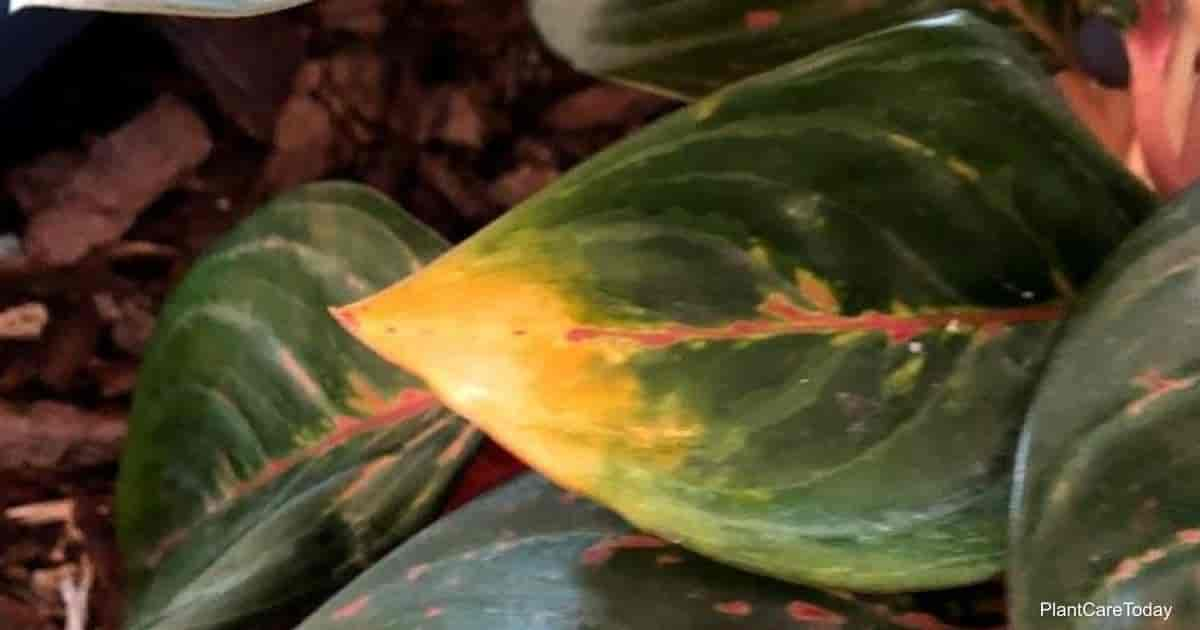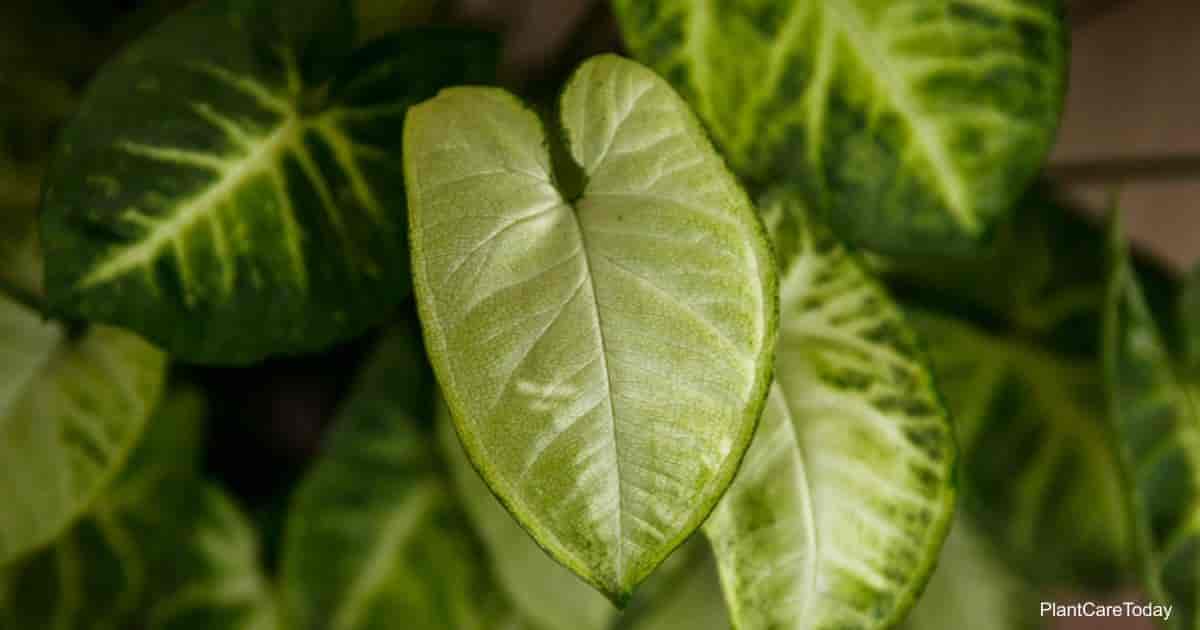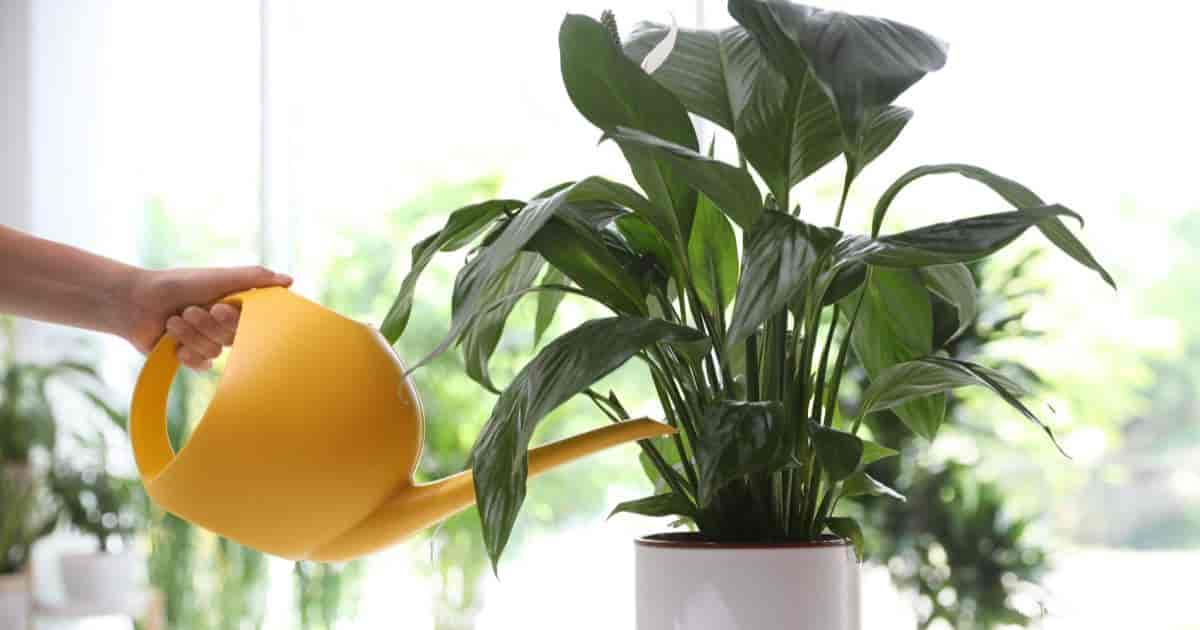People ask all the time – is the ZZ plant poisonous? Here’s the details!
ZZ plants known by the botanical name of Zamioculcas Zamiifolia have become a very popular houseplant over the last few years.
In 1996, Dutch nurseries began propagating the ZZ plant and distributing plants on a worldwide scale.
Its toughness has made this native to Kenya and northeastern South Africa one to best indoor plants to come along in the last 25 years.
ZZ plants go by several common names:
- Zee Zee plant
- Zanzibar gem
- Steel plant
- Zizi plant
- Aroid palm
- “Eternity plant”
Zamioculcas fits almost every qualification of a tough plant:
- Handles low light conditions well
- Thrives in indirect light
- Easy to grow with minimal plant care needs (like a well-draining potting soil)
- Low water requirements (can go months without water)
- Tough under indoor conditions with lower light levels
- Drought tolerant
- Handles neglect well
- Needs little grooming other than keeping dark green leaves clean and dusted.
It is perfect for forgetful plant owners. The ZZ plant belongs to the Araceae family known for many great houseplants (philodendron, pothos, spathiphyllum, Alocasia – African masks) but also for its list of many toxic and poisonous plants.
ZZ plants have a reputation for being poisonous strictly by its family association.
As a member of the Araceae family many people ask the question:
Is ZZ Plant Toxic or Poisonous To People, Dogs, Cats or Horses?
According to sources such as Richard Jauron from the Department of Horticulture at Iowa State University.
“The ZZ plant is regarded as poisonous to humans and pets if ingested.”
The University of Florida shares:
“It’s important to note that all parts of the plant are toxic if ingested.”
The Araceae family gets a bad name for being poisonous as the plants contain calcium oxalate.
Our bodies contain calcium oxalate. In fact, kidney stones are the “friendly name” for calcium oxalate stones which no one likes!
What Parts Of The Plant Are Poisonous or Toxic?
All Parts – Everything!
Handling, ingesting and coming in contact with all parts of the plant is not recommended.
This includes the seeds, glossy dark green foliage, stems, roots, and sap, etc
What Are The Symptoms Of Zamioculcas Zamiifolia Poisoning?
The word “poisonous” or ‘toxic” could be a little strong or exaggerated.
When the “toxic plant” juices come in contact with the skin, mucous membranes or ingested a burning, pain and/or swelling may occur.
Although you cannot see them the calcium oxalate crystals contain sharp edges. These sharp edges are what cause irritation or burning.
For this reason, it is best for adults, children and pets to avoid contact with Zamioculcas.
The Children’s Hospital of Philadelphia explains it well.
“When any part of these plants is chewed and swallowed, the crystals stab the sensitive tissues of the tongue, gums, and throat, creating the sensation of biting into ground glass. Pain, difficulty swallowing, swelling and temporary hoarseness may occur.
Poisoning from swallowing an oxalate-containing plant is rare because the intense mouth pain usually prevents children from eating a significant quantity of the plant.
When the juices of the plant come in contact with the skin, burning, pain, and swelling may occur. Lather the exposed area repeatedly with soap and rinse with warm running water to ease the irritation.”
How To Protect Yourself While Handling The Zamioculcas Zamiifolia Plant
To protect yourself from potential skin irritation wear gloves when potting plants, starting leaf cuttings, tubers or planting the potato-like rhizomes.
Wear gloves when repotting or dividing the succulent tubers (which store water) of the ZZ plant.
Wash your arms and hands after handling the plant, especially if any juices or sap touch your exposed skin.
As mentioned above the Zamioculcas zamiifolia is a great houseplant and indoor air purifier. There is no reason not to add a new plant to your home to enjoy.
NOTE: Keep the plant out of direct sunlight and do not avoid overwatering.
Credit : Gary Antosh (https://plantcaretoday.com/zz-plant-poisonous.html)





